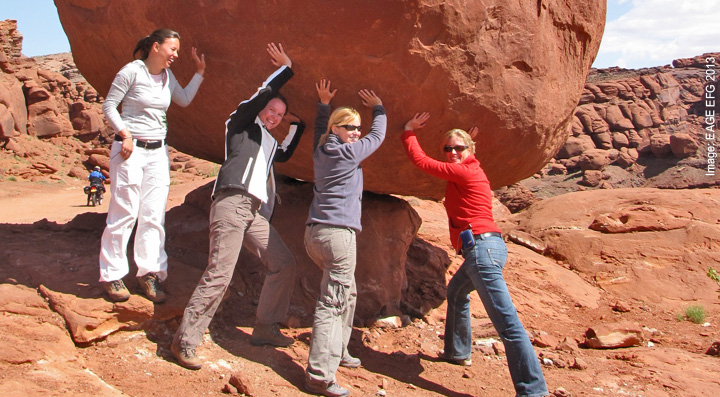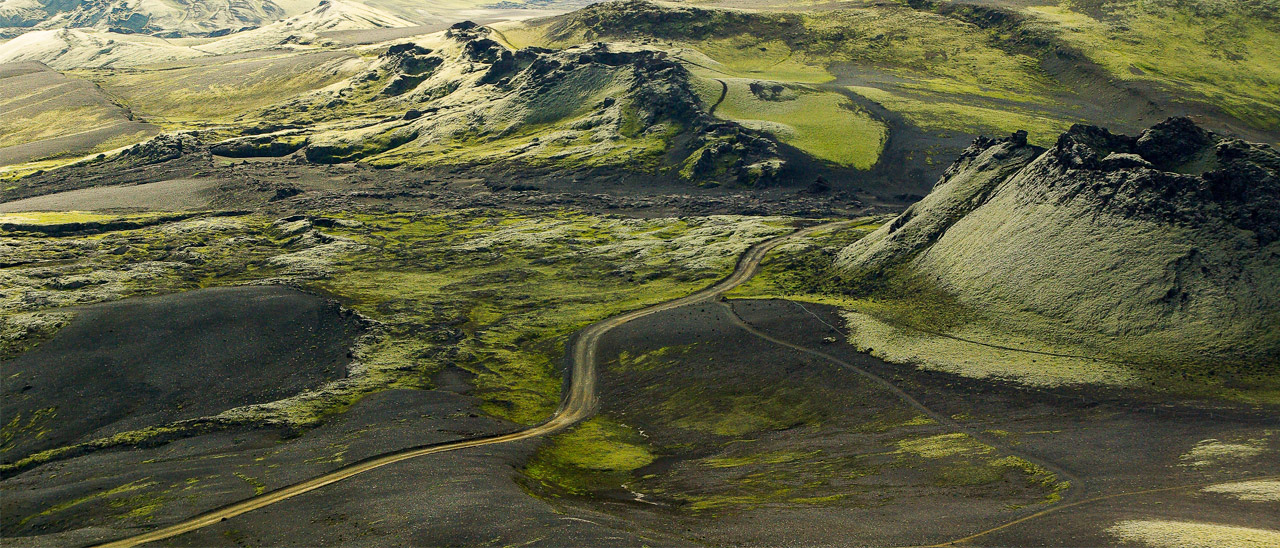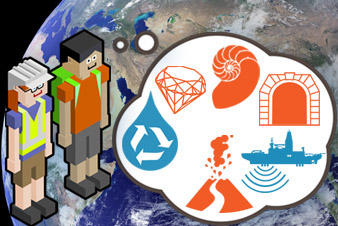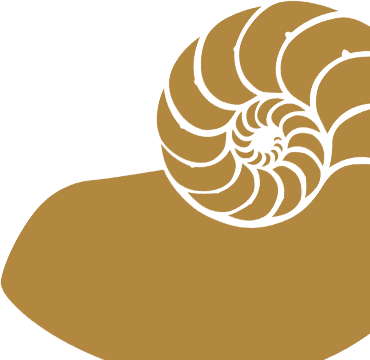Career Development
So you’ve studied for the recommended qualifications and landed a job as a geologist. What do you do next?
You may be part of a multi-national company that offers an extended training programme and where you can see yourself staying for 40 years… but you could be working for a small consultancy where the next steps are not so obvious. How do you expand your skill set, stretch yourself, and develop into the scientist you’ve always aspired to be?
Here are some suggestions to make sure that your career moves in the direction you want it to, as far as possible!

 Geological Society Fellowship
Geological Society Fellowship
The Geological Society of London is the recognised UK professional body for Geologists, with over 11,500 members (or Fellows) worldwide. As well as professional recognition, the Society supports geologists at every stage of their career from student onwards, through a programme of Continuing Professional Development (CPD), and a network of regional and specialist groups. Fellows also receive a free Society journal, discounts on books and conferences, access to our world-class geological library, online papers, and the monthly magazine Geoscientist. The Geological Society awards the professional title of Chartered Geologist (GGeol) and is licensed by the Science Council to award the title of Chartered Scientist (CSci).
Chartership
Gaining Chartered status is a sign to employers, clients, regulators, and the general public that you are a competent professional who can demonstrate a high level of knowledge, skills and experience. Chartership is often a requirement to be authorised to sign off official documents or reports, and in many job sectors it is essential for promotion past a certain point.
Chartership involves assessment by a professional in your area of expertise, to show that you have key professional competencies and a number of years of experience. You are required to maintain and record your skills and knowledge throughout your career through an appropriate programme of Continuing Professional Development (CPD), and are bound by an enforceable code of professional conduct.
![]() Find out more about Chartership
Find out more about Chartership
 Continuing Professional Development
Continuing Professional Development
CPD, as it’s commonly referred to, is an ongoing process throughout your career of developing and maintaining your skills, knowledge and experience through professional activities, which you should keep a record of. These activities can vary from professional practice, formal training or self-directed learning, to participating in the geoscience community and contributing to knowledge.
Geologists never stop learning and, like many other organizations, the Geological Society provides a reporting system for its members to record and categorise activities. In this way your CPD record remains independent of your employer, which means you can continue without interruption if you change jobs.
If you apply for Chartership or EurGeol (European Geologist) status, your assessors will look at the record as evidence of a serious approach to professional development. If later on you apply to become a Scrutineer (an assessor for Chartership), the selection process requires evidence of a professional approach to CPD.
![]() Find out more about CPD recording.
Find out more about CPD recording.
 Hang out with other geologists!
Hang out with other geologists!
Meeting other geologists will not be too hard for those working in universities or research institutions. However depending on the size of your organization, you could be one of only a handful of geologists. This is when you need to make sure that you are going to a few conferences or workshops, to see what others are doing in your field (and to make sure that your name is one that they recognise too!).
There are a vast number of learned societies, institutions and professional bodies to choose from. Here are a few examples for some for the major sectors of employment:
| |
|
| The Geological Society (GSL) | |
| |
|
| Petroleum Exploration Society of Great Britain (PESGB) | American Association of Petroleum Geologists (AAPG) |
| |
|
| Chartered Institute of Water and Environmental Management (CIWEM) | The International Association of Hydrogeologists (IAH) |
| |
|
| Institution of Civil Engineers (ICE) | British Geotechnical Association (BGA) |
| |
|
| Earth Science Teaching Association (ESTA) | |
| |
|
| Society of Economic Geologists (SEG) | The Institute of Materials, Minerals and Mining (IOM3) |
The Geological Society's network of Regional and Specialist Groups also hold regular meetings.
![]() Visit the Groups pages for more information
Visit the Groups pages for more information
 Any further qualifications or training?
Any further qualifications or training?
This is a good time to make sure that you have the broader skills needed in the workplace. All but the very smallest organizations will have a ‘training budget’ and often a good time to talk about courses you think you would benefit from is during your annual appraisal.
Coaching in specific software used for your job should be part of your induction or covered early on when you start work. Time and project management, report writing, presentation skills and budgeting will all be useful (you can start developing these during your degree) along with management training if you start to line-manage staff. It’s best to identify courses that are tailored to your sector, as a site report for a geotechnical firm, for example, will require a specific layout and content, and probably look very different to the equivalent report produced for a mining company. Some training courses and company training schemes are endorsed or accredited by the Geological Society.
For those working in academia, as post-docs or research/teaching staff, there is generally a full programme of ‘in-house’ training to help new staff develop the skills appropriate to a higher education establishment. Courses dealing with teaching, research, applying for grants and research contracts etc., will be available.
 Spread the word!
Spread the word!
At the Geological Society we get many enquiries from schools (wanting to arrange a visit from an expert in volcanoes or flooding, for instance) and from geologists who have arranged to speak at their local school or college and are looking for appropriate slides and/or resources to give out.
If you get the opportunity to talk about your job or the subject in general, this is a great thing to do – being involved in education and outreach demonstrates that you can explain geological concepts to non-professionals.
Companies are often approached by schools and colleges that need scientists to speak at Careers Events as well. This is another chance to share your knowledge as well as helping the next generation.




